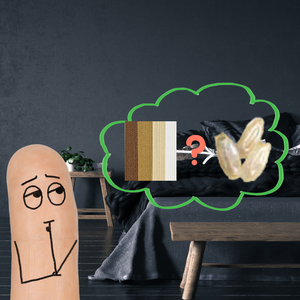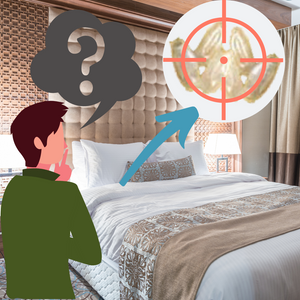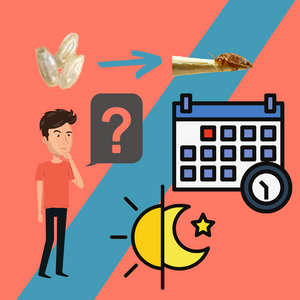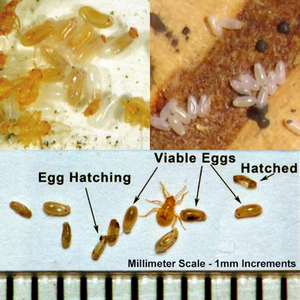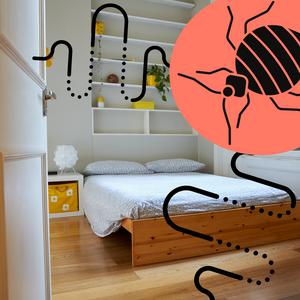Bed Bug Bites vs Spider Bites: How to Differentiate the Two

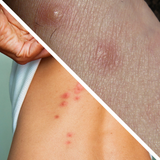 When you wake up in the morning, one of the most frustrating things is seeing your arms and legs covered with insect bites. Since you’ve been sleeping, the only perpetrators you will have in mind are bed bugs. But what if there were other insects who have bitten you while you were sleeping? What if the red bumps are tick bites, flea bites, or mosquito bites? Spiders, perhaps? You see, as harmless as they may seem, spiders bite and can also cause red patches and itchiness.
When you wake up in the morning, one of the most frustrating things is seeing your arms and legs covered with insect bites. Since you’ve been sleeping, the only perpetrators you will have in mind are bed bugs. But what if there were other insects who have bitten you while you were sleeping? What if the red bumps are tick bites, flea bites, or mosquito bites? Spiders, perhaps? You see, as harmless as they may seem, spiders bite and can also cause red patches and itchiness.
The easiest way to tell which insect bit you is by simply searching for pictures of bed bug bites vs spider bites. However, there are certain signs and symptoms associated with the bites that make it easy to identify which insect has caused the red welts or rash on your body.
Bed Bug Bites or Spider Bites? – How to Identify Your Insect Bites
Just because you had small red patches or bumps on your skin doesn’t mean you have bed bug bites. It can be an allergic reaction to any food you’ve eaten or maybe spider bites. To identify if you have a bed bug bite or a spider bite, the table below will help you figure out the answer:
|
|
Bed Bug Bites |
Spider Bites |
|
Bites
|
The bites are in groups and have a pattern. These are either inflamed bumps or red, flat patches. |
When checking the bites, you’ll see the entry site of the fangs. You’ll usually see a single bite or entry site and the area around it will be swelling. |
|
How long will the bites last? |
1 to 2 weeks |
1 week |
|
Symptoms |
Mild pain associated with itching, redness and inflammation.
When scratched, pus-filled blisters can develop. |
The bitten area will have a burning sensation, itchiness, swelling and be painful.
May develop Arachnidism, increasing pain in the area, abdominal cramps, paralysis or sweating.
When bitten by venomous spiders, it can cause swelling and pain in the area. Erythema and necrosis are also noted for bites made by venomous spiders. |
|
Treatment |
Over-the-counter hydrocortisone creams, anti-histamines, herbal skin lotions and other home remedies.
Cleaning the area and applying antibiotic creams are also effective. |
Anti-histamines and anti-itch creams.
Anti-venom injections may also be required depending on the spider that caused the bites.
Topical and oral antibiotics may also be required in case increased swelling is noted. |
|
When do you get the bites? |
They typically bite at night. |
Spiders can bite you any time. |
|
Locations of bites |
Bites can be found on any part of the body. |
Bites appear in groups on the back, torso, arms and neck. |
For spider bites, it is necessary to have them checked immediately to get medical care. This is one way to prevent more serious symptoms from developing in the case that you have been bitten by a venomous spider. You’ll never know if you’ve been bitten by black widow spiders or recluse spiders as soon as you wake up, so it is necessary that you seek professional help to know what you should do before you get a skin infection. Also, taking time to clean your room or house can prevent other insects from inhabiting your home.
If you have identified that your bites are from bed bugs, it is best that you determine the severity of the infestation to find the ideal treatments for the situation. To prevent more bites, it is recommended that you wear clothes covering all parts of your body. If possible, you can put an encasement over your mattress and an encasement over your box spring to prevent bed bugs that are hiding in your bed from reaching you.

